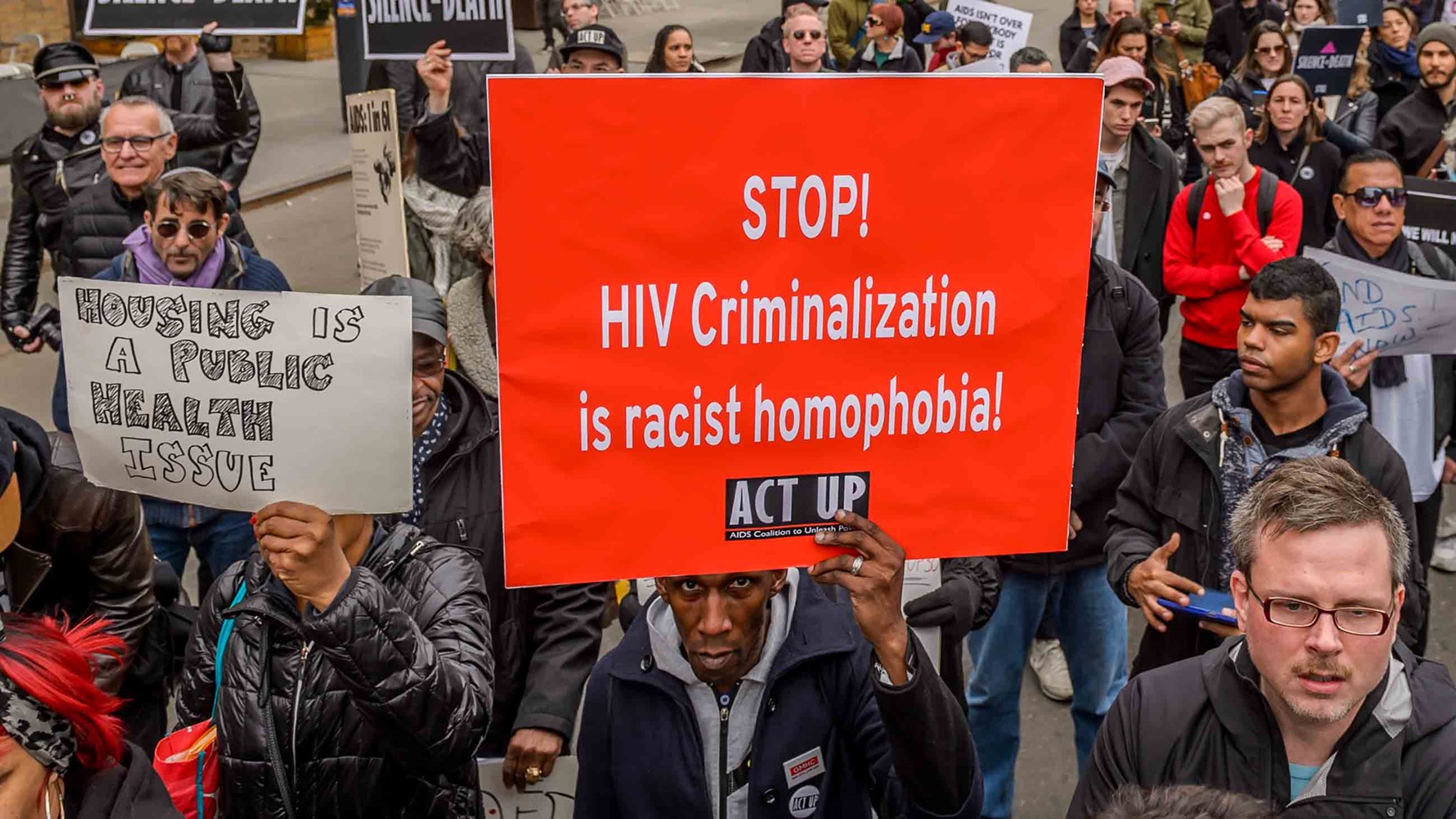HIV criminalization guides the lawful exercise of charging people who are living with HIV for manners that allegedly pose a threat to information. These rules and procedures live in different forms across the world, often outlawing non-disclosure of HIV rates, direction, or information. While advocates claim that these regulations protect public fitness, analysts claim that they are ineffective, biased, and embedded in ancient versions of HIV. This article delves into the debates encompassing HIV criminalization, researching legal views and their importance for general fitness and human freedoms.
The Scope of HIV Criminalization
HIV criminalization regulations vary widely by jurisdiction but typically fall into several types:
Non-Disclosure Directions: Outlawing the loss to tell one’s HIV rate to a sexual companion, however of whether communication happens.
Disclosure Laws: Penalizing manners that could potentially tell another individual of HIV, such as unprotected coupling or syringe sharing, even if there is no intention to transfer the virus.
Information Rules: Especially targeting people who deliberately or knowingly transfer HIV to another individual.
In some areas, these rules apply much to all points of potential vulnerability, while in others, they are more just described, concentrating on intentional communication.
Ideas for HIV Criminalization
Public Health Protection:
Supporters claim that HIV criminalization statutes act as a barrier, enabling individuals to reveal their HIV level and be hired more safely. The danger of legal matters is seen as a tool to advance public health and stop the reach of HIV.
Responsibility:
These laws are considered a tool to hold people responsible for careless or deliberate manners that threaten others. Proponents feel that criminalization highlights the gravity of deliberately telling others about HIV.
Saints’ Requests:
HIV criminalization is every so often expressed as a way to guard the rights of sufferers who may have been unwittingly uncovered to HIV. The lawful resort conveys a sense of decency and closure for those included.
Complaints of HIV Criminalization
Ineffectiveness:
Examiners claim that there is no self-evident verification that HIV criminalization statutes diminish HIV data.
Investigations have revealed that these laws do not affect conduct seriously and may rather drive the epidemic covert by preventing people from obtaining tested or pursuing medicine.
Stigmatization and Prejudice:
HIV criminalization eternalizes stigma and prejudice against individuals living with HIV. By preparing HIV-positive people as potential offenders, these laws support harmful stereotypes and donate to colonial ostracization.
Human Rights Violations:
Many claim that HIV criminalization intrudes on the mortal freedoms of people living with HIV, especially the ownership of solitude, parity, and non-discrimination. The rules often disproportionately impact marginalized residents, including LGBTQ+ people, sex employees, and individuals of color.
Scientific Inaccuracy:
HIV criminalization laws are usually based on ancient or false facts about HIV information. Advances in medicine, such as antiretroviral treatment (ART), greatly decrease the chance of information, causing many of these laws scientifically outdated.
Legal Views on HIV Criminalization
International Human Rights Law:
Institutions such as the United Nations and the World Health Organization have reached for the reform or abolition of HIV criminalization statutes, claiming that they break global human rights norms.
Case Regulation and Legal Precedents:
Different court issues around the world have questioned the truth and justice of HIV criminalization laws. In some examples, courts have knocked down or modified the application of these laws, identifying the need for a more subtle process that feels intent, real risk, and liability.
Legislative Reforms:
Several jurisdictions have launched legislative reforms to update their HIV-related laws. These reforms often seek to decriminalize non-disclosure, disclosure, or information where there is no intention to hurt and where the chance of information is little. These differences reflect a growing mention of the need for laws that align with contemporary scientific knowledge and human liberties principles.
Alternative Methods
Public Health Strategies:
Rather than criminalization, general health focuses on teaching, precluding, and medicine. Complete sex instruction, general availability of HIV testing, and key to ART are critical elements of adequate HIV deterrence systems.
Help and Counseling:
Delivering help and counseling for people living with HIV can support them to guide exposure and support beneficial connections. Assigning individuals with learning and help fosters an atmosphere of mutual commitment and care.
Legal Protections:
Supporting legal protections against prejudice for individuals living with HIV is critical. Anti-discrimination rules and procedures can decrease stigma and encourage a more inclusive community.
Conclusion
HIV criminalization remains a controversial issue, with considerable controversy over its significance, rights, and influence on public fitness and human freedoms. While the intent behind these laws may be to safeguard public fitness, their performance often results in unintentional adverse effects. Moving on, it is important to embrace a more subtle process that negates the safety of general fitness with the freedoms and satisfaction of people living with HIV. By concentrating on teaching, precluding, and mounting, rather than discipline, we can develop a more forgiving and effective answer to the HIV epidemic.
